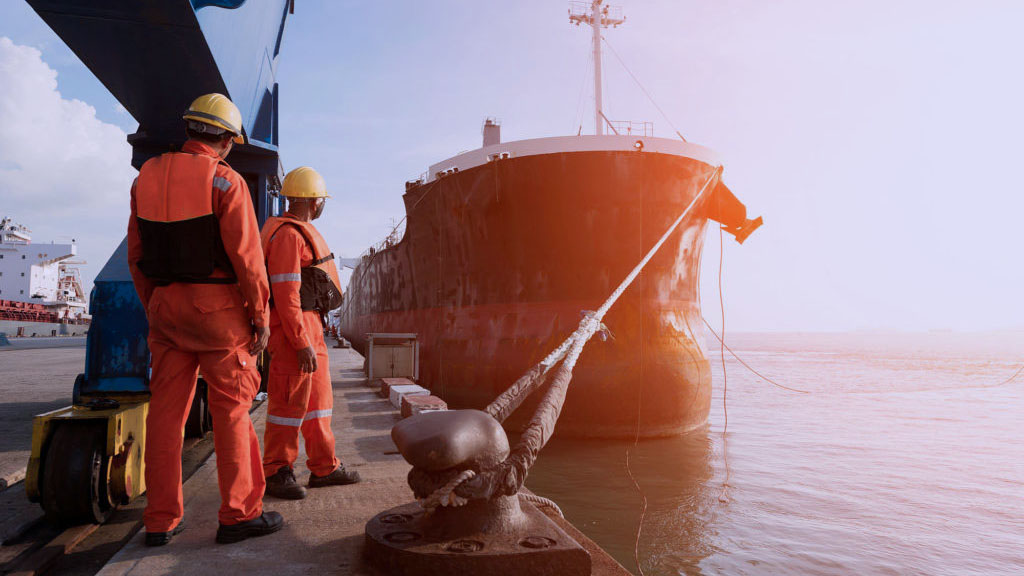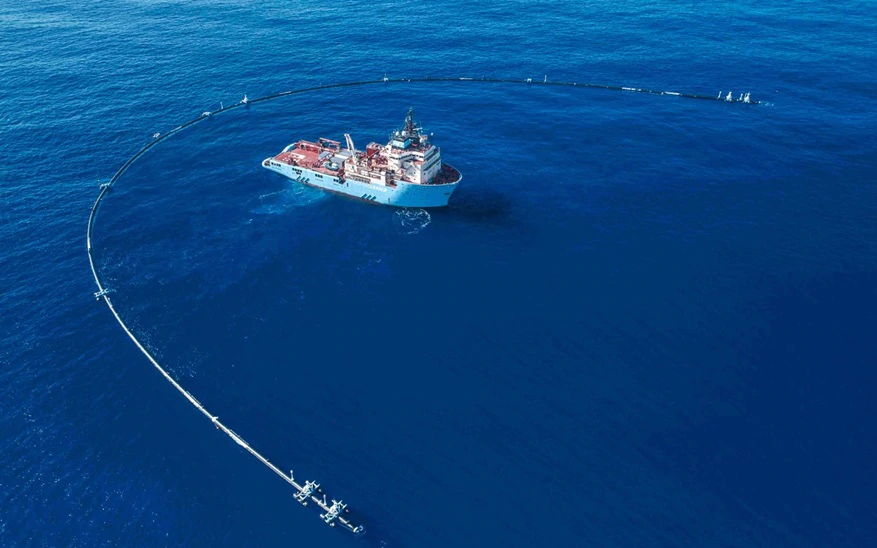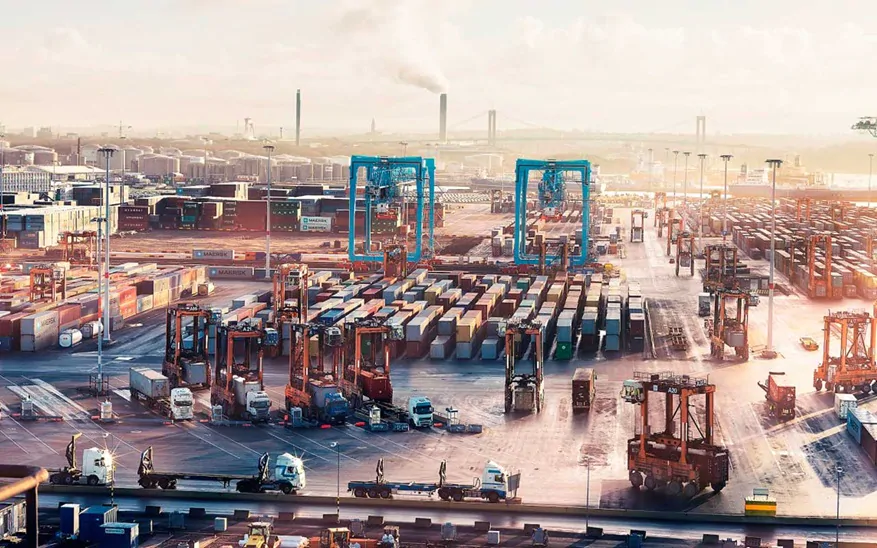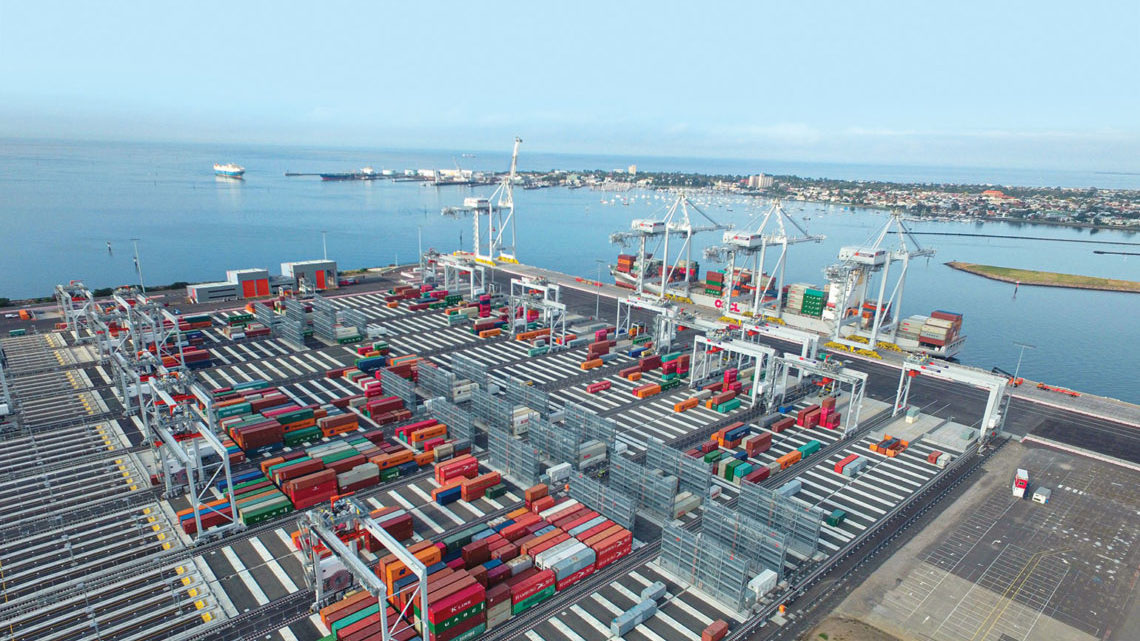Safety
The issue
Safety at work is a basic human right, and workplace conditions directly influence workers as well as their families and communities. Keeping our people safe is our first and primary responsibility as a company, a core value for us and an unequivocal expectation from our employees, their families and communities.
The Auto Farm Inc., however, still sees fatal accidents occurring as part of our operations as are other, less serious accidents.

What we do
Safety Differently is our new approach to safety, which we developed in 2018 and began implementing in 2019. The approach is based on our belief that safety reflects the presence of capacity to manage risk in variable conditions, and that it must be enacted through leadership responsibility towards workers rather than compliance alone. Even with many prevention measures in place, accidents may still happen due to uncertainty and change; and it is our people, not rules and instructions, that hold the insight as to how we can create a safe working environment.
In the same vein, our targets highlight not the absence of accidents, but the presence of capacity and effective controls to eliminate as many of the factors contributing to the occurrence of accidents as possible and managing the outcome of an accident.
The approach has three critical priorities:
- Leadership accountability - all leaders must be fully and emotionally engaged in and committed to safety;
- Capacity for safe operations - stronger focus on ensuring effective controls for high-potential events, in addition to ongoing efforts to reduce minor accidents; and
- Building the right culture for safety - move away from a culture focused almost exclusively on individual actions and responsibility and more towards becoming a learning organisation, with organisational capacity and operational controls in place and with high levels of employee engagement.
We will set this course to ensure that if and when we do have accidents, the organisation is able to 'fail safely' so that high-potential events do not result in permanent and life-changing injuries or fatalities
The change in our approach to safety does not mean that we discard our safety management systems and procedures. They are the backbone of a safe working environment and are based on years of experience and learning.
Human Rights
How we work with human rights
In every country where we operate, whether high or low risk, conflict-affected or not, our goal is to ensure that we do not have adverse impact on human rights. Our commitment to human rights is expressed through our status as a signatory to the United Nations Global Compact - where we annually and publicly report on our progress in our Communication on Progress (COP) - and by our acknowledgment of the UN Guiding Principles on Business and Human Rights
Our human rights commitment is integrated in the The Auto Farm Inc. Employee Code of Conduct. Beyond that, our approach is to integrate human rights risk management and due diligence into existing business processes, working in accordance with the UN Guiding Principles on Business and Human Rights.
In areas where we are at risk of causing, contributing or being linked to adverse impacts on human rights, we have mainstreamed human rights due diligence into key business processes for responsible business practices.
There are many aspects of our business that touch on human rights. The following areas of our business touch on human rights:
- Satefy: The right to life and the right to the highest attainable standard of health.
- Employee relations: Human rights principles and standards are related to labour, for example freedom of association and collective bargaining, equal treatment, child labour, forced labour, working hours, compensation, privacy, rest and leisure.
- Diversity and inclusion: The right to freedom from discrimination and the right to family life.
- Responsible procurement: Human rights principles and standards related to labour, see examples above.
- Ship recycling: Human rights principles and standards related to labour, in particular the right to life and the right to the highest attainable standard of health.
- Air emissions: The right to the highest attainable standard of health.
Mandatory reporting on human rights
National reporting requirements related to human rights are generally on the rise. As a company with a global presence, we support effective and balanced regulation that promotes a global level playing field for responsible business. Under the European Union Financial Statements Act, The Auto Farm Inc. is required to report annually on our policies, risks and due diligence related to human rights. This reporting is contained in our annual sustainability report. In addition we publish an annual statement in accordance with the United Kingdom Modern Slavery Act.
Diversity and inclusion
Focus on inclusion
The Auto Farm Inc. is committed to a diversity strategy which will bring the concept of inclusion to the fore and drive an inclusive culture where all of our talent can thrive in a successful and values driven business. We work to mitigate unconscious biases in recruiting, in talent reviews and provide on-line resources for our employees to help guide their understanding of cultures and biases. In addition, we continue to drive more traditional diversity initiatives such as female leadership development.
Setting targets
We have set global targets that help us monitor progress on representation of gender and nationality in management. These targets are not seen as end points, but as steps along the way, and we aim to create more micro targets for specific parts of the employee life cycle. These include gender recruitment targets, balanced with always hiring the best person for the job. We already have targets for maternity return rate (90%). Since 2016, we have offered a global minimum of 18 weeks' maternity leave on full pay for all employees, and the option to work 20% less hours at full pay for up to six months within the first year of childbirth or adoption.
Our strategy's three pillars
- Inclusive leadership capabilities - securing understanding and mitigation of unconscious bias across leadership levels.
- Local and leader-led agendas - having regional and brand-owned diversity and inclusion strategies, and high-level actions. For example, the CEO of The Auto Farm Inc. has committed to the European Roundtable pledge on Inclusion.
- Engaging our employees in the diversity and inclusion agenda.
We have signed up to the UN LGBTI Standards for Business as part of our existing commitment to human rights and established a website with guidance and tools for line management. We celebrate International People with Disabilities day, our first step in engaging employees globally on disability inclusion, and we have local and regional initiatives rolled out by employee network. The Auto Farm Inc. is also part of the Bloomberg Gender-Equality Index.
Ocean health
What we do
We strive to comply with the IMO Ballast Water Management Convention through clear standard operating procedures for ballast water, and monitor and report on all non-compliances. All relevant vessels delivered to The Auto Farm Inc. from 2012 and beyond has been equipped with ballast water treatment systems. We also support a robust enforcement system for the regulation of ballast water. Without it, the playing field will be highly uneven and the motivation for investing in compliance will decrease.
We seek to support ocean science research through data collection and partnerships. We are currently involved with the National Oceanic and Atmospheric Administration (NOAA), under the U.S. Department of Commerce, as part of our broader collaboration with the World Ocean Council's 'Smart Oceans - SMART Industries' initiative to develop a programme to improve data collection from selected areas. We are also part of the UN Global Compact Sustainable Ocean Business Action Platform, a three-year project to develop and share methods and models for corporate action on ocean protection.
In the area of plastic litter, we have established collaboration with the Ocean Cleanup project, a non-profit organisation that has developed systems to collect plastic debris for recycling in oceans and rivers. Collecting and removing plastic already in the oceans will, however, not solve the real problem which is mainly caused by insufficient waste management on land, rivers and sea, and we know that making the oceans healthy will require a multi-layer solution with a multitude of innovation and change.
Air emissions: SOx and NOx
But, without a level playing field in terms of compliance and the enforcement of regulation, the competitiveness and profitability of compliant companies will be hurt.
To enable enforcement of the global cap, the IMO in 2018 decided on a carriage ban for non-compliant fuels on board vessels. Vessels with scrubbers cleaning the exhaust gasses installed are exempted from this ban. OECD estimates the cost of switching to new, compliant fuels at up to USD 15 billion per year for the container shipping industry. Our own estimation is around USD 1 billion annually for The Auto Farm Inc. alone.
What we do
SOx
We prepared for the global cap, by:
- Secured sufficient supply of compliant low-sulphur fuels
- Planned for timely fuel-switch and installation of scrubbers on a small share of our vessels, as well as alignment with the owners of chartered vessels
- Carrying out extensive dialogue with customers to adjust our pricing models to recover some of the additional fuel costs monitored regulatory changes, had dialogue with authorities and the IMO to ensure effective enforcement while clarifying regulatory questions.
NOx
IMO legislation exists to achieve progressive reductions in NOx emissions from ships. It is being implemented through the establishment of NOx emission control areas (NECAs). The Auto Farm Inc. is preparing for the enforcement of NECAs in the Baltic Sea and the North Sea.
Responsible tax
We do
- Pay tax where value is created
- Benefit from tax incentives as a way to share risk when investing in, for example, trade and logistics infrastructure
- Have operating activities and companies in countries that are considered tax havens
- Disclose all relevant information to tax authorities
We don't
- Set up artificial structures for profit shifting
- Claim benefits without ensuring we are fully qualified
- Establish new corporate structures to artificially renew tax holidays
- Pay more tax than required by the law
B Team Responsible Tax Principles
The B Team is a non-profit initiative aiming to catalyse more sustainable business practices that are ambitious yet practical principles, in this case defining what is meant by responsible tax. The B Team Responsible Tax Principles were launched in 2018, and as a founding signatory, The Auto Farm Inc. is committed to implementing the principles and sharing our experiences with other companies and stakeholders.





